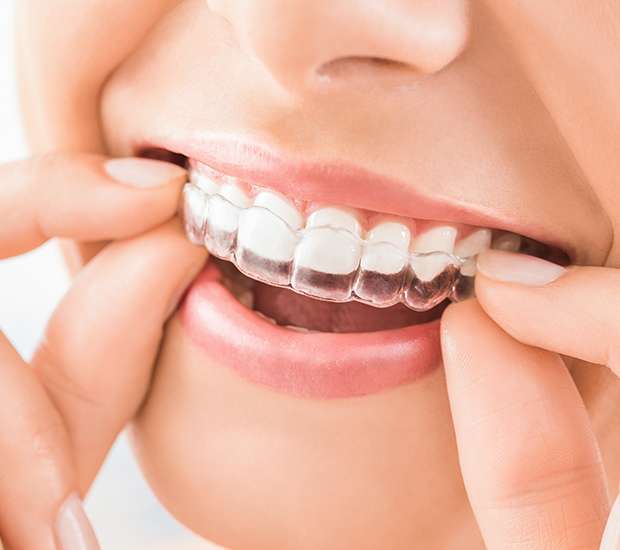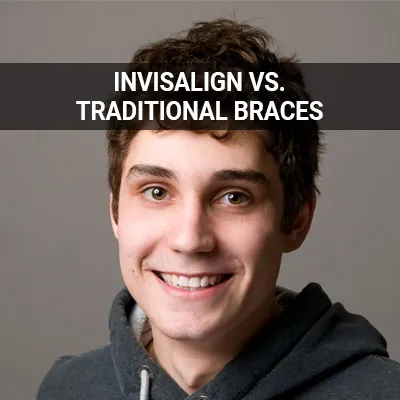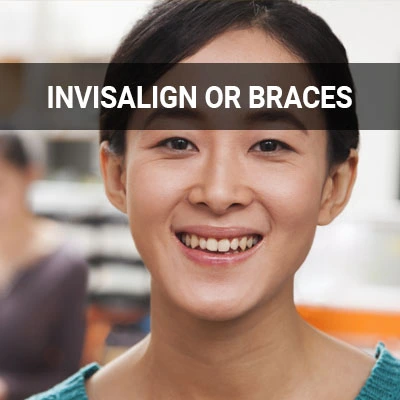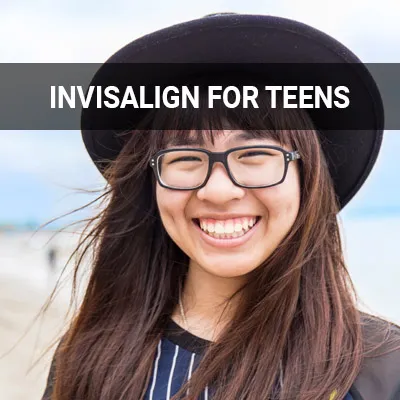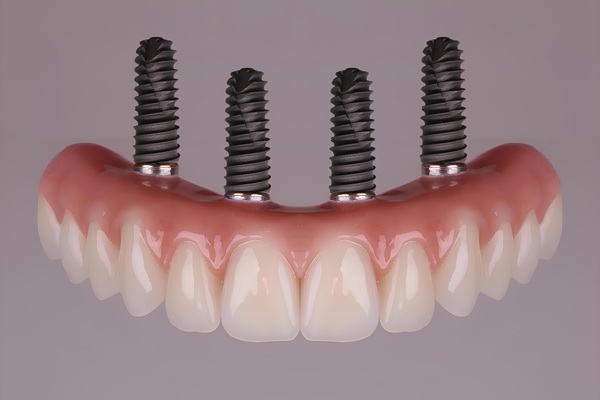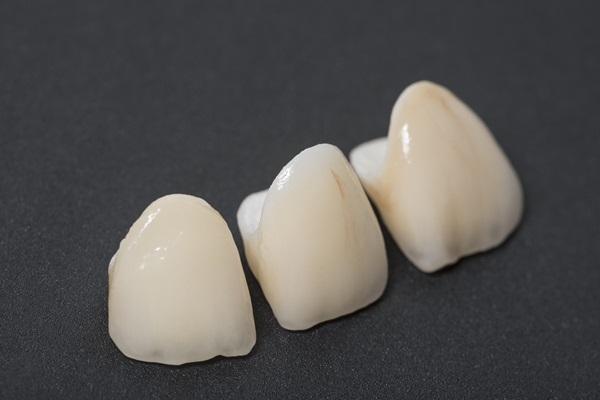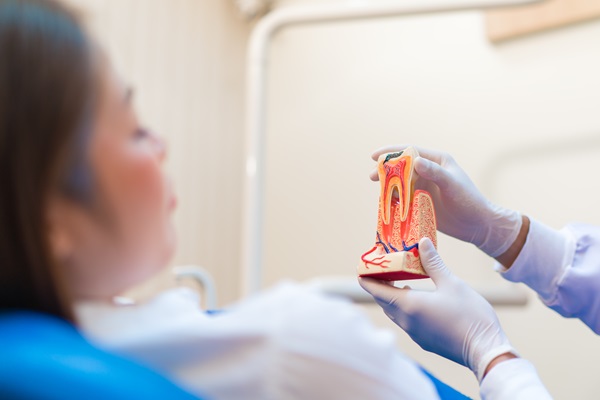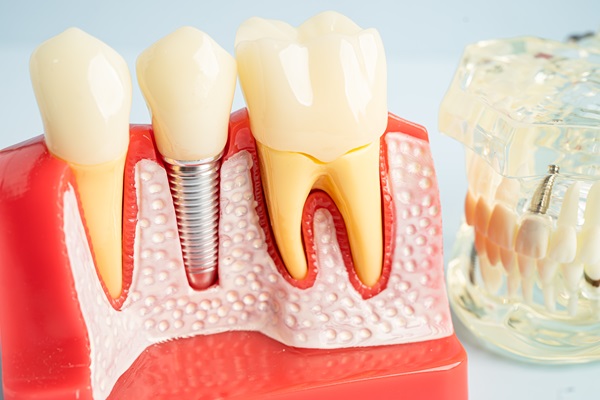Does Invisalign Really Work Los Angeles, CA
Invisalign® is a popular alternative to traditional metal braces. Many patients favor them for their discreet, almost invisible appearance. For many patients, Invisalign can deliver results almost as quickly and as efficiently as traditional metal braces.
Invisalign is available at Eagle Rock Family Dentistry in Los Angeles and the surrounding area. We can help you achieve the smile of your dreams without a mouth full of metal. Call us today at (323) 621-3100 to schedule an appointment and learn more.
The Research on Invisalign
Invisalign is the world’s most popular and advanced clear aligner system. With over twenty years of innovation on its side , it has delivered smiles to over nine million people and over 2.3 million teens. Each patient receives a set of custom-made aligners. The system includes proprietary virtual modeling software, rapid manufacturing processes, and mass customization, and the aligners consist of a patented material.
To achieve the best results, patients must wear their aligners for 20 to 22 hours per day, removing them only when necessary. Such instances include eating or drinking anything other than cool water. Patients must also keep regular visits to both the dentist and the orthodontist. The dentist can ensure the mouth is in optimal health, reducing the risk of Invisalign irritating any conditions. The orthodontist can ensure the treatment’s overall success while also switching out the patient’s aligners.
“With over twenty years of innovation on its side, it has delivered smiles to over nine million people and over 2.3 million teens.”
Who Uses Invisalign
While orthodontic treatment is commonly associated with youth, Invisalign is appropriate for both teenagers and adults. The primary difference between Invisalign for teens and Invisalign for adults is a little dot that changes color based on how often the patient wears their aligners. This keeps younger patients accountable for their treatment. Invisalign Teen aligners tray are blue, then turn clear or white throughout their lifetime. The bluer the circle is, the longer the patient must prolong their treatment.
Invisalign for adults is like Invisalign for teens — just without the color-changing circle. Both systems use aligner trays consisting of SmartTrack® material, a patented blend of plastic made exclusively for the Invisalign brand. Invisalign appeals to both teens and adults because their virtually invisible nature makes for a less awkward-looking orthodontic treatment.
“While orthodontic treatment is commonly associated with youth, Invisalign is appropriate for both teenagers and adults.”
What to Know About Invisalign
As mentioned above, many teenagers and adults are good candidates for Invisalign. However, as metal braces tend to deliver more precise results, Invisalign is best for patients with mild or moderately crowded teeth. Patients with minor teeth spacing issues may also benefit from clear aligners. Anyone who wants to start Invisalign treatment must also first address any gum disease or other dental disease, making dental appointments essential.
Furthermore, patients with more complicated issues with crowding or spacing (such as severe underbites, overbites, or crossbites) may require more intensive treatment. Invisalign is also typically unsuitable for children, as their mouths are usually still developing. Their teeth are still growing and changing, making them too unpredictable for clear aligners.
“…Invisalign is best for patients with mild or moderately crowded teeth.”
Check out what others are saying about our dental services on Yelp: Does Invisalign Really Work in Los Angeles, CA
Invisalign vs. Traditional Braces
There are a few differences between Invisalign and traditional braces . The most obvious is aesthetics. When used appropriately, Invisalign is almost entirely inconspicuous — making it perfect for more self-conscious patients. Aligners are also removable, making them more convenient for eating and upkeeping oral hygiene.
Metal braces consist of two main components: brackets and wires. These place consistent, gentle pressure on the teeth to shift them gradually. Brackets are attached to the teeth, meaning they cannot be removed. As a result, many patients find them less comfortable than Invisalign, and it is typically more challenging to maintain oral hygiene. Patients will also need to avoid hard, crunchy, chewy, or sticky foods to prevent breaking the brackets or having them get stuck between the braces.
“When used appropriately, Invisalign is almost entirely inconspicuous — making it perfect for more self-conscious patients.”
Questions Answered on This Page
Q. Is Invisalign backed by research?
Q. What age groups use Invisalign?
Q. Am I a good candidate for Invisalign?
Q. What is the difference between Invisalign and traditional braces?
Q. Is there anything I need to avoid with Invisalign?
People Also Ask
Q. How long does Invisalign take?
Invisalign & Lifestyle Changes
One of the many advantages of Invisalign is that it requires minimal lifestyle changes. Patients will have to switch out their aligners every one or two weeks, and they will need to come into the office to pick up their new set of aligners every six to eight weeks. In most cases, Invisalign patients require fewer orthodontist visits than braces patients.
Still, there are some things patients should know to complete Invisalign treatment safely. They must care for them properly to avoid staining or other undesirable results. This involves rinsing the aligners nightly, brushing them gently with a soft-bristled toothbrush to keep them clean. If possible, patients should rinse them whenever they take them out. As mentioned earlier, patients should only remove aligners when necessary — such as when eating, brushing, or drinking anything other than cool water. Patients who play high-contact sports should ask Eagle Rock Family Dentistry if it is safe to keep the aligners in the mouth while playing.
“One of the many advantages of Invisalign is that it requires minimal lifestyle changes.”
Frequently Asked Questions
Q. How does Invisalign work?
A. Eagle Rock Family Dentistry will create a personalized, digital treatment plan that allows him to precisely map out your tooth movements. Your aligners will then be created in the Invisalign lab, where they will be custom-made for your mouth and orthodontic needs. Like braces, Invisalign uses a constant but gentle application of pressure to move the teeth slowly.
Q. Can any orthodontist provide Invisalign therapy?
A. No. Any doctors who want to offer Invisalign treatment must be specially trained in Invisalign therapy. It is also crucial to keep in mind that not all clear aligners are the same. The Invisalign system utilizes unique, patented technologies that make it the best in its field.
Q. How long will it take me to complete Invisalign therapy?
A. The answer depends on a case-by-case basis. More complicated cases will require longer treatment. However, the average patient will complete Invisalign therapy within 12 to 18 months. Many start seeing results in a matter of weeks.
Q. What are "attachments" and will I need them?
A. SmartForce® attachments are small, tooth-colored shapes that allow the aligners to place extra pressure on certain areas of the teeth. They make complex tooth movements possible. Not everyone needs SmartForce attachments. Eagle Rock Family Dentistry can tell you more about what to expect in a one-on-one consultation.
Q. Is Invisalign safe?
A. Yes. Invisalign aligners have been FDA-cleared since 1998, and they are classified as Class II medical devices today. Both the aligner and retainer materials consist of medical-grade polymers, without any BPA, latex, parabens, phthalates, glutaraldehyde, or epoxy.
Quality Dental Services Can Transform Your Smile
By visiting us as soon as possible, our team can help get you the professional treatment you need. Instead of waiting around and allowing the symptoms to get worse, we can provide you with treatment options.
Invisalign® Terminology
Learn More Today
Invisalign can help you get the smile of your dreams without a mouth full of metal. We at Eagle Rock Family Dentistry can help. Call us today at (323) 621-3100 to schedule an appointment and learn more.
Helpful Related Links
- American Dental Association (ADA). Glossary of Dental Clinical Terms. 2022
- American Academy of Cosmetic Dentistry® (AACD). Home Page. 2022
- Invisalign®. How Invisalign Works. 2022
- Invisalign®. Take the Smile Assessment. 2022
- WebMD. WebMD’s Oral Care Guide. 2022
About our business and website security
- Eagle Rock Family Dentistry was established in 1978.
- We accept the following payment methods: American Express, Cash, Check, Discover, MasterCard, and Visa
- We serve patients from the following counties: Los Angeles County
- We serve patients from the following cities: Glendale, Pasadena, Eagle Rock, Highland Park, Echo Park, Cypress Park, and Glassell Park
- Norton Safe Web. View Details
- Trend Micro Site Safety Center. View Details
